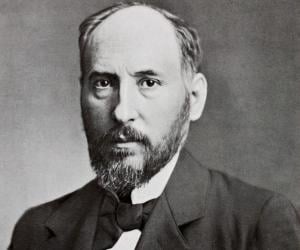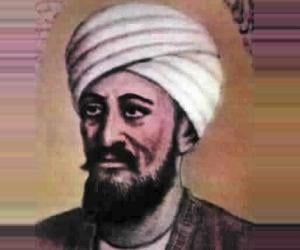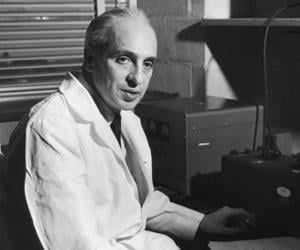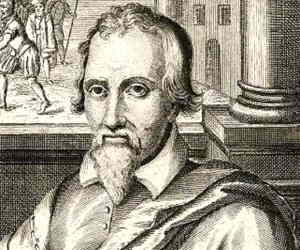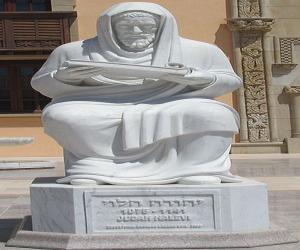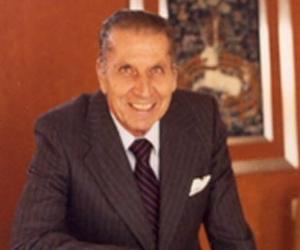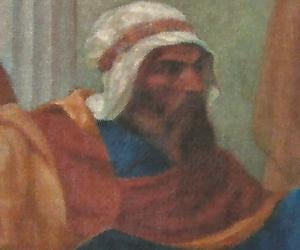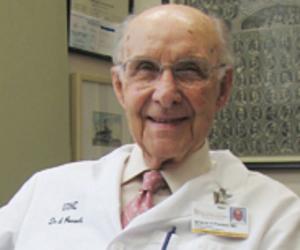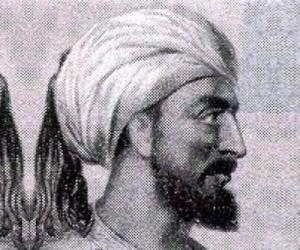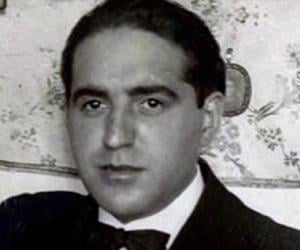1
Santiago Ramón y Cajal
(Father of Modern Neuroscience)
Birthdate: May 1, 1852
Sun Sign: Taurus
Birthplace: Petilla de Aragón, Navarre, Spain
Died: October 18, 1934
Santiago Ramón y Cajal was a renowned Spanish neuroscientist, pathologist, and histologist known for his groundbreaking work in neuroanatomy and the central nervous system. Alongside Camillo Golgi, he was awarded the Nobel Prize in Physiology or Medicine in 1906. Ramón y Cajal was the first Spanish individual to receive such a prestigious scientific honor. His pioneering research on the microscopic structure of the brain established him as a key figure in the development of modern neuroscience. His detailed drawings of brain cells continue to be utilized for educational purposes to this day.
